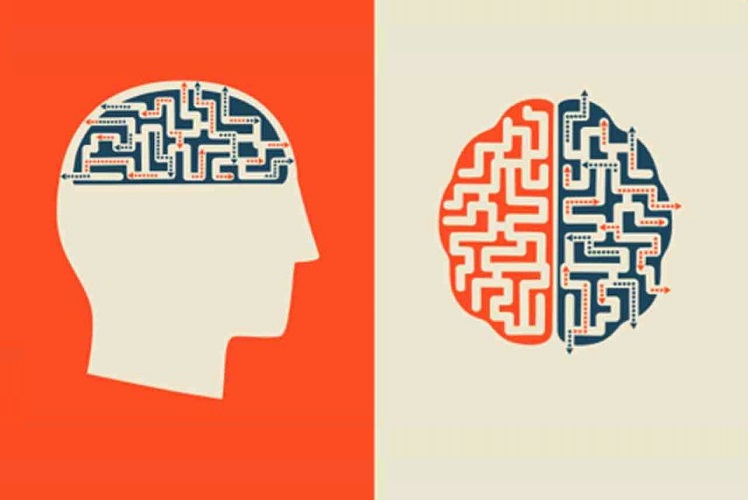What can the ICRC learn from the science of the brain?
How can change behavior and neuroscience findings help us better engage with the communities affected by war and violence and enhance respect for IHL?
This is the question that neuroscientists, specialists in behavior change, community engagement and virtual reality tried to answer together with ICRC colleagues at a recent event organized by the innovation team in Geneva around behavior change.
“The more the ICRC understands how behavior and decision-making work, the better we’ll be able to influence the policies and actions that affect human suffering.” says Melissa Kiehl, the ICRC’s Advisor on Extended Reality and Behavior Change and organizer of the lecture series.
Listen to our behavior change podcast:
Our panelists in order of appearance:
- Dr Ana Maria Munoz, social scientist with the Mind, Behaviour and Development Unit at the World Bank
- Rocky Sanchez Tirona, Vice-President of the NGO Rare, based in the Philippines
- Dr Albert Rizzo, aka Skip, clinical psychologist and neuropsychologist, currently directing the medical virtual reality lab at the University of Southern California Institute for Creative Technologies
- Dr Jurg Kesserling, member of the ICRC Assembly and head of the department of neurology and neurorehabilitation at the Valens Rehabilitation Centre
- Dr Gregor Hasler, professor and chair of psychiatry and psychotherapy at the University of Fribourg
- More on the Behavior Change Symposium
- Read more about influencing behavior on InspiRED blog
- Watch the Divided Brain Trailer

